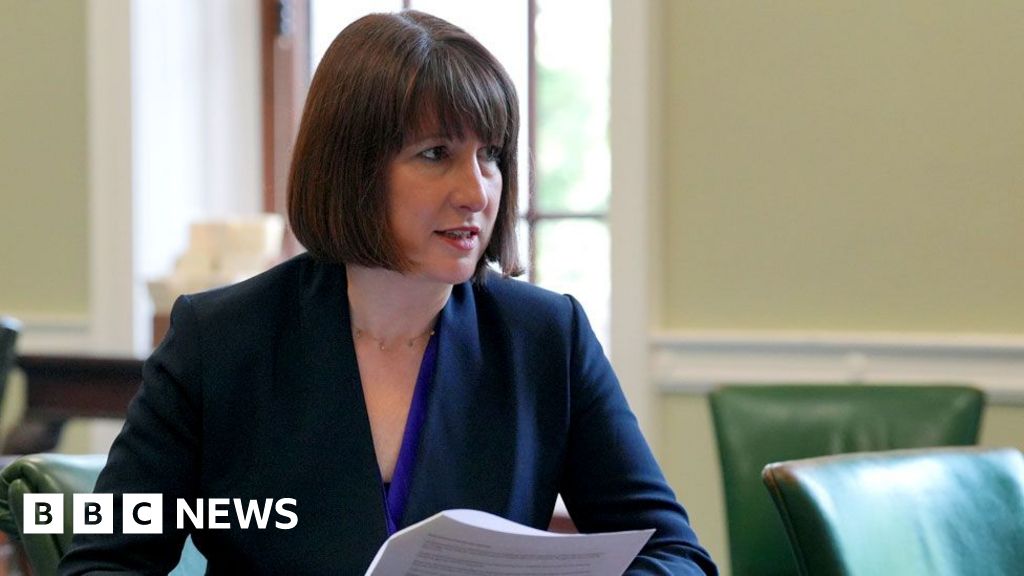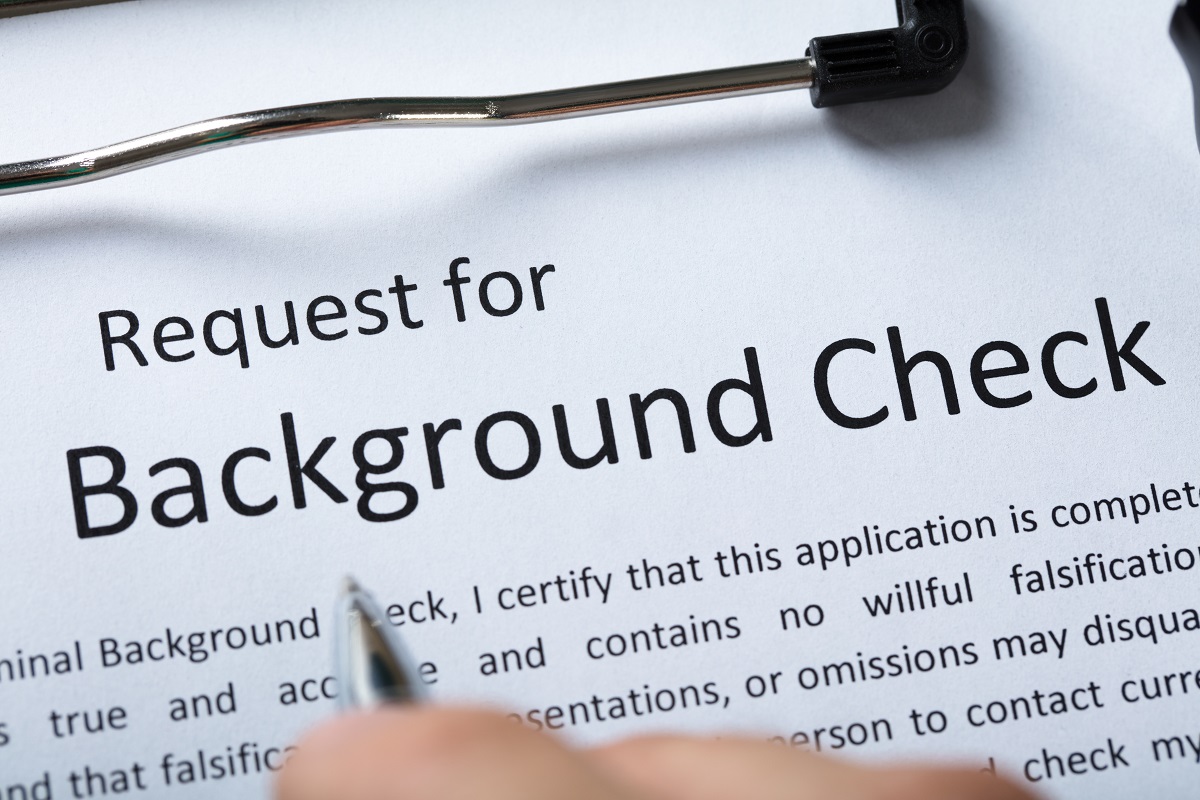On Monday, Ms Reeves will also set out the government’s response to the public sector pay recommendations, which are about 3% higher than in current spending plans.
The chancellor is likely to accept some above-inflation pay settlements for public sector workers after being warned by independent pay bodies about recruitment and retention challenges, and calculating that the public is keen to draw a line under months of rolling strikes.
Cabinet ministers have spent the week saying a thorough look at their departmental books has revealed more “severe” problems than previously anticipated.
The opposition says this is an elaborate effort to butter up the public for some tax rises at the Budget in the autumn.
The “black hole” arises because the government says it must spend extra money to keep public services functioning.
However, governments draw up their own rules on how much they should borrow to fund public services like the NHS and how the country’s debt is managed.
Paul Johnson, director of the Institute for Fiscal Studies think tank, said it was difficult to know how big the gap in the public finances was, because it depends on how much the government wants to spend.
Labour has pledged not to raise taxes “on working people” including most aspects of National Insurance, income tax and VAT.
“Big tax increases, given the constraints they’ve put on themselves, aren’t impossible, but they’d be pretty difficult,” he told BBC Radio 4’s Today programme.
The extra money the government needs to find to meet self-imposed targets around debt in the future has been labelled the “black hole”.
Some economists suggested during the election that many of these spending pressures, and the possibility taxes would need to be raised to fund them, were obvious and should have been made clear to the voting public.
While the BBC understands there will be no tax policy announcements on Monday, the implication of the audit is that the Treasury will spend the summer trying to find extra savings, or extra taxation revenue, to fill this “black hole”.
A more optimistic economic outlook from the independent forecaster the Office for Budget Responsibility on the impact of the government’s plans would also help improve some tricky trade-offs between spending and tax rises.
Credit: Source link











